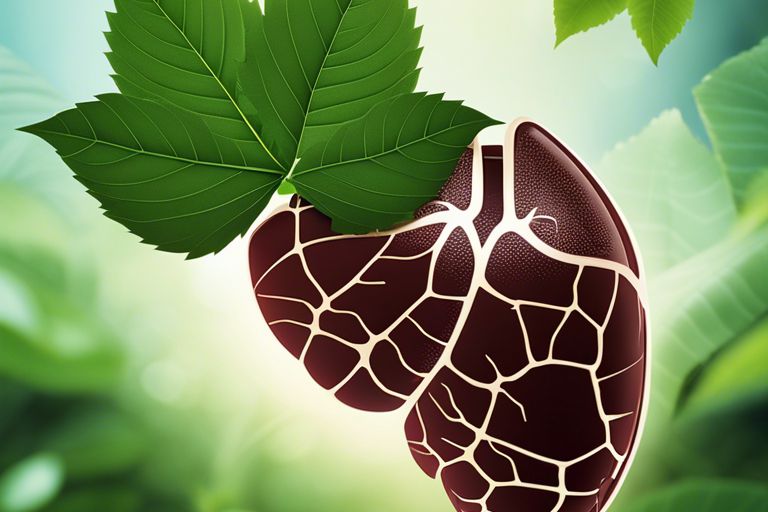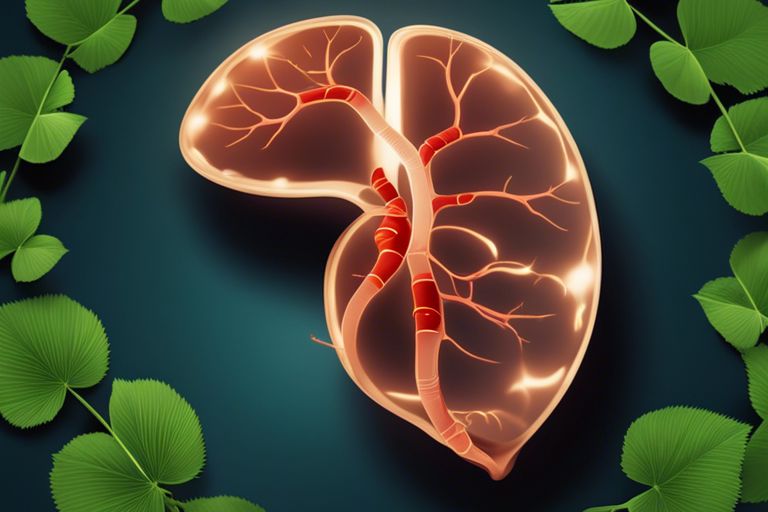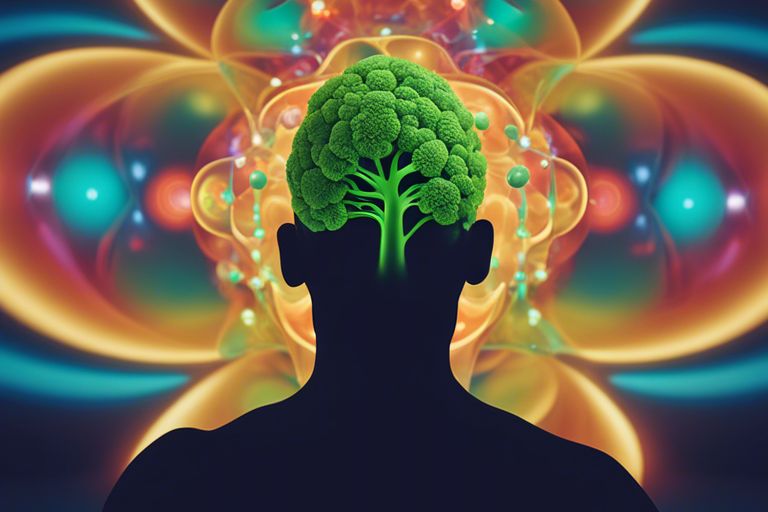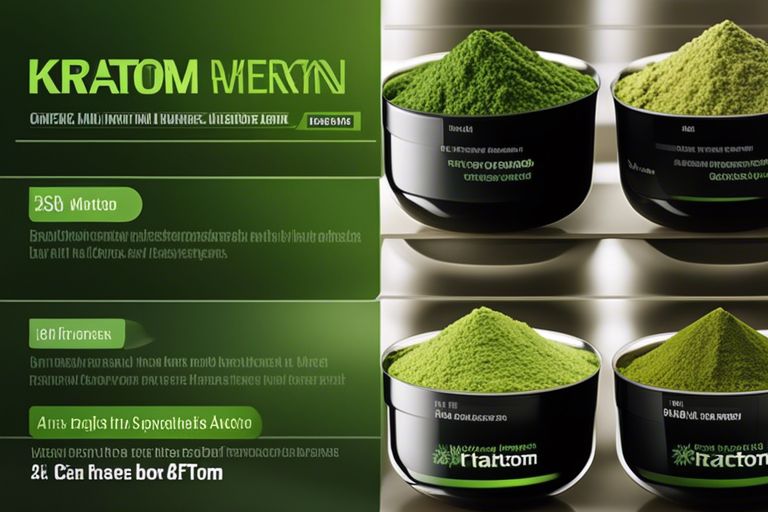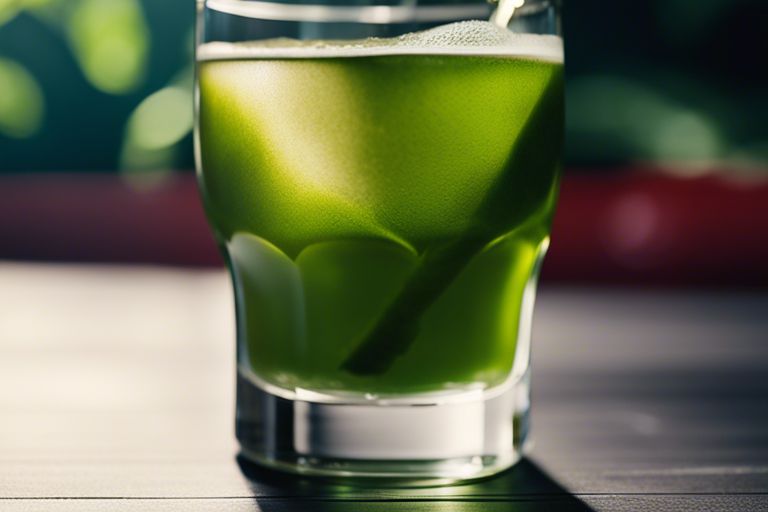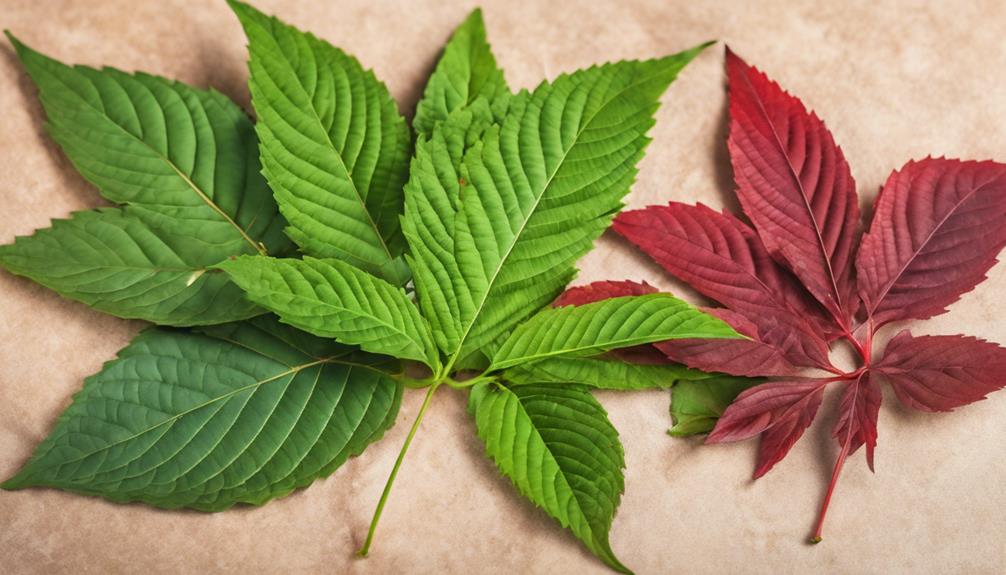Kratom has gained popularity as a natural remedy for various ailments, but can it lead to headaches? Understanding the possible side effects of this herb is crucial for those considering its use. In this informative blog post, we examine into the connection between kratom consumption and headaches, exploring the potential risks and factors that may lead to this unsettling symptom. Stay informed to make the best decisions for your health and well-being.
Key Takeaways:
- Kratom Usage: Kratom is a plant-based substance known for its pain relief and mood-enhancing properties, however, excessive use or inconsistent dosages can potentially lead to headaches.
- Dehydration Concerns: Kratom can cause dehydration which is a common trigger for headaches, therefore it is important to stay hydrated while consuming kratom to prevent this issue.
- Individual Variations: The effects of kratom can vary from person to person, so if you experience headaches after consuming kratom, it is crucial to evaluate your dosage, hydration levels, and overall tolerance to the substance.
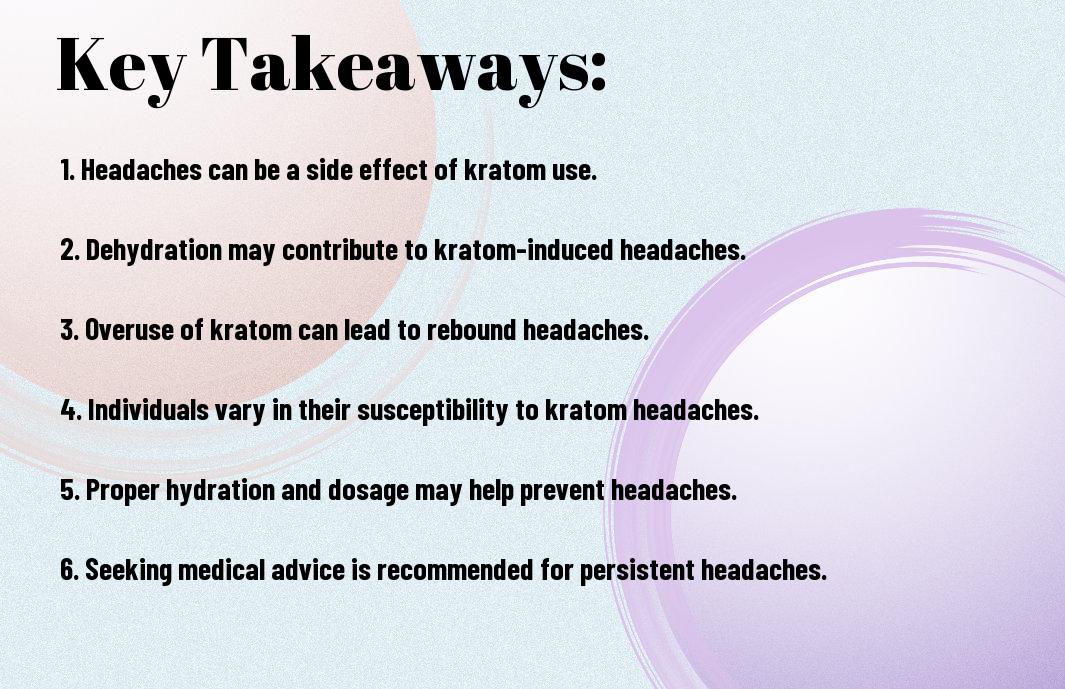
Kratom and Its Effects
What is Kratom?
Kratom is a tropical tree native to Southeast Asia that is commonly used for its stimulant and pain-relieving effects. It belongs to the coffee family and has been used for centuries in traditional medicine practices.
Your intake of kratom depends on the desired effect. Low doses typically result in increased energy and focus, while higher doses are more likely to produce pain relief and sedation.
How Does Kratom Work?
For those wondering about the mechanism behind kratom’s effects, it’s important to note that kratom contains compounds called alkaloids which interact with receptors in the brain, including opioid receptors. This interaction is responsible for kratom’s pain-relieving properties.
For instance, the alkaloids in kratom can bind to mu-opioid receptors in the brain, producing similar effects to traditional opioids, but with less risk of respiratory depression. However, it’s vital to understand that kratom can still lead to dependence and withdrawal symptoms if used excessively or for an extended period.
Headaches and Kratom
It is necessary to understand the relationship between kratom use and headaches. Headaches are a common ailment that can be caused by various factors, including stress, dehydration, caffeine withdrawal, or certain medications. Many kratom users have reported experiencing headaches, leading to speculation about a possible link between kratom consumption and headaches.
The Prevalence of Headaches
An examination of anecdotal reports suggests that headaches are a relatively common side effect of kratom use. While not everyone experiences headaches when using kratom, a notable percentage of users have reported this issue. Understanding the prevalence of headaches among kratom users is crucial in assessing the potential risks associated with kratom consumption.
Possible Links Between Kratom and Headaches
Headaches are a complex phenomenon that can be triggered by various factors. When exploring the potential links between kratom and headaches, it is necessary to consider the different strains and dosages of kratom being used. For instance, some users have reported that certain kratom strains or higher dosages are more likely to induce headaches. Additionally, individual differences in metabolism and tolerance levels may also play a role in the onset of headaches when consuming kratom. It is necessary to gather more empirical data and conduct research to establish a clear correlation between kratom use and headaches.
Potential Causes of Kratom-Induced Headaches
Despite its potential benefits, kratom can also lead to adverse effects, with headaches being a common complaint among some users. Understanding the potential causes of kratom-induced headaches can help individuals mitigate these symptoms.
Increased Blood Pressure
Kratom-Induced headaches may be linked to the herb’s impact on blood pressure. Kratom has stimulating properties that can lead to an increase in heart rate and blood pressure, potentially triggering headaches in some individuals.
Dehydration and Electrolyte Imbalance
Increased perspiration and urination are reported side effects of kratom use, which can contribute to dehydration and electrolyte imbalance. Dehydration is a known cause of headaches as it can lead to reduced blood volume and oxygen flow to the brain, resulting in discomfort.
It is crucial for individuals consuming kratom to stay adequately hydrated and maintain electrolyte balance to help prevent headaches associated with dehydration.
Stimulation of the Brain’s Pain Centers
Electrolyte imbalances caused by dehydration can further exacerbate kratom-induced headache symptoms. When electrolyte levels are off-kilter, the brain’s pain centers may become more sensitive, leading to heightened headache sensations.
For instance, a magnesium deficiency, which can occur with dehydration, is associated with an increased risk of headaches. Ensuring proper electrolyte levels through balanced hydration and diet can help reduce the likelihood of experiencing headaches while using kratom.
Other Factors Contributing to Headaches
Unlike kratom alone causing headaches, there are several other factors that can contribute to this side effect. Here are some additional considerations:
Dosage and Tolerance
Tolerance to kratom can develop over time, leading some users to increase their dosage. Higher doses may result in side effects such as headaches. It is necessary to be mindful of one’s tolerance level and not exceed recommended dosages.
Assume that gradual dosage increases could potentially help alleviate headaches associated with kratom use.
Individual Sensitivity and Allergies
Individual responses to kratom can vary, with some individuals being more sensitive to its effects than others. Additionally, some users may have allergies to kratom or other compounds present in the product, which could lead to headaches or other adverse reactions.
Headaches
Interactions with Medications
On occasion, kratom can interact with certain medications, potentially increasing the risk of experiencing headaches. It is crucial to consult with a healthcare provider before using kratom if you are taking any medications to avoid harmful interactions.
Contributing factors such as dosage, individual sensitivity, and interactions with medications should be carefully considered when evaluating the potential causes of headaches while using kratom.
Managing Kratom-Induced Headaches
Hydration and Electrolyte Balance
Headaches caused by kratom may be alleviated by ensuring proper hydration and maintaining electrolyte balance. Dehydration can contribute to headaches, so it is important to drink an adequate amount of water throughout the day. Electrolytes, such as potassium and magnesium, play a crucial role in nerve function and muscle control, so consuming foods rich in these minerals or using supplements may help prevent headaches associated with kratom use.
Relaxation Techniques and Stress Management
Any stress or tension can exacerbate headaches, so incorporating relaxation techniques like deep breathing exercises, meditation, or yoga into your daily routine can help manage kratom-induced headaches. These practices can promote a sense of calm and reduce muscle tension, potentially lessening the intensity and frequency of headaches.
Additionally, engaging in activities that promote relaxation and reduce stress, such as spending time in nature, getting a massage, or listening to soothing music, can further aid in headache management.
Adjusting Dosage and Strains
Balance is crucial when using kratom to avoid headaches. If you are experiencing headaches, it may be necessary to adjust your kratom dosage or try different strains. Start by lowering your dosage to see if the headaches lessen or switch to a strain known for its milder effects. Keep a journal to track your dosage, strain, and headache frequency to identify patterns and determine what works best for you.
It is important to be mindful of your body’s response to kratom and make adjustments accordingly to mitigate any potential side effects, including headaches.
Adjusting the dosage or trying different strains may help in finding the right balance to enjoy the benefits of kratom without experiencing headaches.

Alternatives to Kratom for Pain Relief
Once again Does Kratom Cause Headaches?, it’s important to explore other options for pain relief if you experience adverse effects from kratom. There are plenty of natural and pharmaceutical alternatives that can help manage pain without the potential side effects associated with kratom.
Natural Remedies for Pain Management
Kratom may not be the best option for everyone, so it’s crucial to consider natural alternatives for pain relief. Practices like yoga, acupuncture, turmeric, ginger, and CBD oils have shown promising results in managing pain without the addictive properties of kratom. These natural remedies can be gentle on the body while providing effective pain relief.
Pharmaceutical Options for Pain Relief
Relief from pain can also be found through pharmaceutical options that are prescribed by healthcare professionals. Medications such as nonsteroidal anti-inflammatory drugs (NSAIDs), acetaminophen, and prescription opioids can be effective in managing pain for those who require stronger relief. However, it’s crucial to use these medications under medical supervision and be aware of their potential side effects and risks of addiction.
Pain management is a complex process that requires individualized approaches for each person. By exploring a variety of alternatives to kratom, including natural remedies and pharmaceutical options, you can find the best solution for your pain relief needs while minimizing the risks associated with kratom.
To wrap up
Considering all points, it is clear that kratom may cause headaches in certain individuals due to its stimulant properties and other potential factors. However, more research is needed to fully understand the relationship between kratom use and headaches. It is important for individuals considering using kratom to be aware of potential side effects, including headaches, and to consult with a healthcare professional before starting any new supplement regimen.
Can Kratom Use Lead to Various Health Issues Such as Headaches and Yeast Infections?
There is a growing concern about the potential kratom yeast infection link. Some users have reported experiencing yeast infections after consuming kratom regularly. Additionally, some have also claimed to suffer from frequent headaches as a result of using kratom. It’s important to be aware of these potential health issues when considering kratom use.
FAQ
Q: What is Kratom?
A: Kratom is a tropical tree native to Southeast Asia. Its leaves have been used for centuries for their medicinal properties.
Q: Can Kratom cause headaches?
A: While Kratom is known for its pain-relieving properties, some users have reported experiencing headaches as a side effect.
Q: What causes headaches when taking Kratom?
A: Headaches from Kratom use can be caused by dehydration, dosage levels, or individual sensitivity to the plant.
Q: How can I prevent headaches when using Kratom?
A: To prevent headaches when using Kratom, make sure you stay hydrated, start with a low dose, and monitor your body’s response.
Q: Should I be concerned about headaches from Kratom use?
A: While headaches are a possible side effect of Kratom use, they are typically mild and temporary. If headaches persist or are severe, it’s important to consult a healthcare professional.



